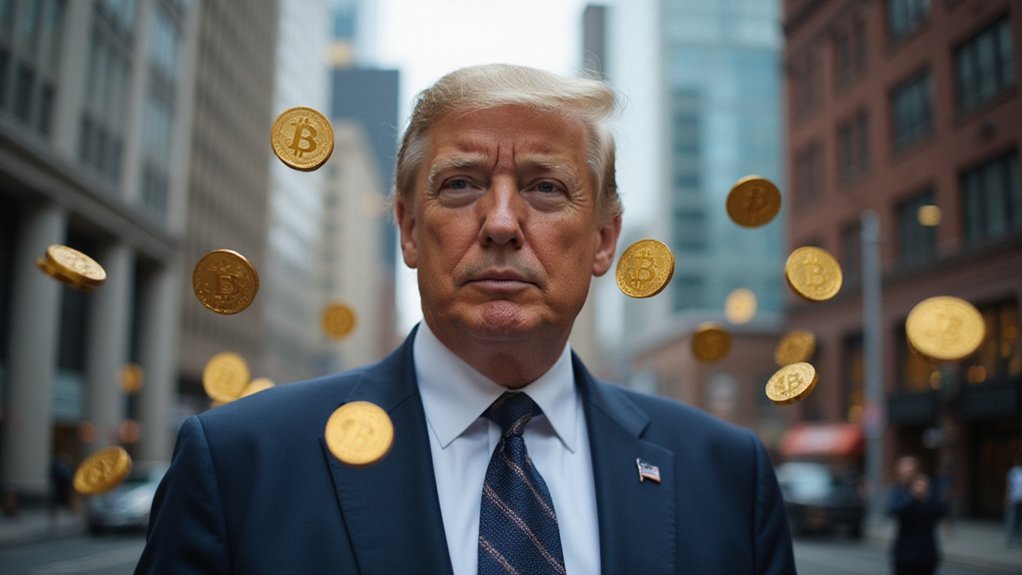While traditional billionaires amassed their fortunes through oil wells, tech startups, and retail empires, a new breed of ultra-wealthy has emerged from the volatile ether of cryptocurrency markets—sixteen digital titans who collectively command over $164 billion in assets that didn’t exist two decades ago.
These crypto magnates, with a median net worth of approximately $6.8 billion, represent perhaps the most spectacular wealth creation phenomenon since the dot-com boom, though with considerably more regulatory drama.
Leading this digital aristocracy is Changpeng “CZ” Zhao, whose $62.6 billion fortune stems from his 90% ownership of Binance, the world’s largest cryptocurrency exchange by trading volume. Zhao’s wealth trajectory reads like a fever dream—oscillating from $1.9 billion in 2021 to $65 billion in 2022, plummeting to $5 billion, then recovering to current levels.
Zhao’s $62.6 billion fortune oscillated wildly—from $1.9 billion to $65 billion to $5 billion—embodying crypto’s fever-dream volatility.
Remarkably, even a money laundering conviction, $200 million fine, and prison term barely dented his fortune, suggesting that in crypto, resilience might be the ultimate currency.
The wealth creation mechanisms driving these fortunes center on exchange platforms and strategic early positioning in key cryptocurrencies. Justin Sun’s $8.5 billion TRON empire exemplifies this approach, combining aggressive marketing stunts with blockchain infrastructure development.
Meanwhile, Chris Larsen’s $7.5 billion fortune from Ripple demonstrates how enterprise blockchain solutions for cross-border payments can generate substantial returns, despite ongoing SEC scrutiny that would terrify traditional finance executives.
The regulatory landscape these titans navigate resembles a legal minefield. High-profile investigations, billion-dollar fines, and criminal charges have become occupational hazards rather than career-ending catastrophes. Governments worldwide are implementing increasingly sophisticated frameworks that address taxation, securities classification, and anti-money laundering requirements for digital assets.
Fred Ehrsam’s shift from gaming to co-founding Coinbase, now valued at $2.4 billion, illustrates how crypto entrepreneurship attracts talent from unexpected sectors. Brian Armstrong’s $6.9 billion net worth reflects his significant 15% ownership share in the publicly traded platform. Giancarlo Devasini’s $22.4 billion fortune as CFO of Tether demonstrates how stablecoin issuance has become one of the industry’s most lucrative business models.
Perhaps most intriguingly, Donald Trump’s emergence as a crypto advocate by 2025 signals the industry’s mainstream legitimization. The 2024 approval of the first Bitcoin ETF and Bitcoin’s surge past $100,000 created conditions ripe for additional crypto billionaires.
As traditional financial systems increasingly embrace digital assets, this exclusive club of crypto titans will likely expand, proving that fortunes built on mathematical algorithms can rival those constructed from tangible assets.





